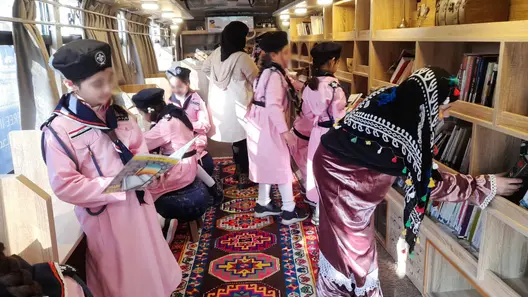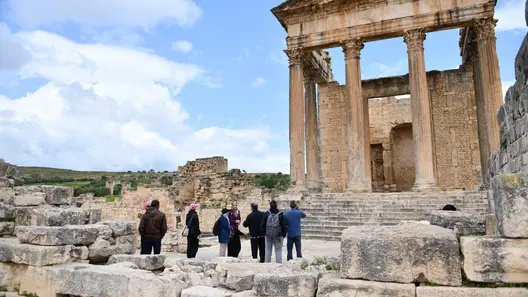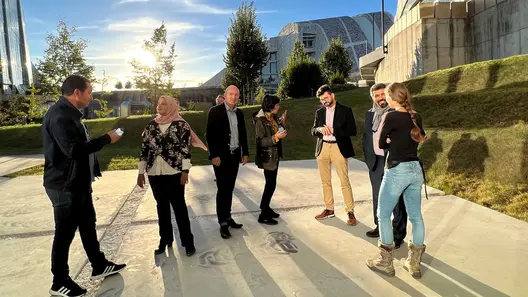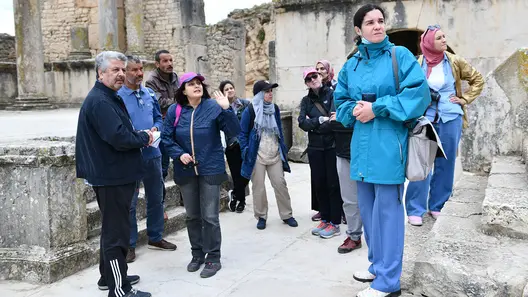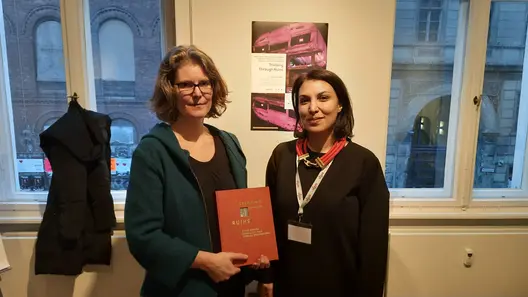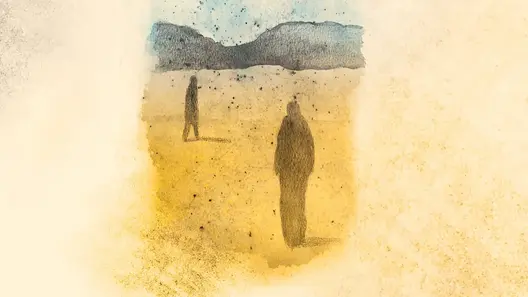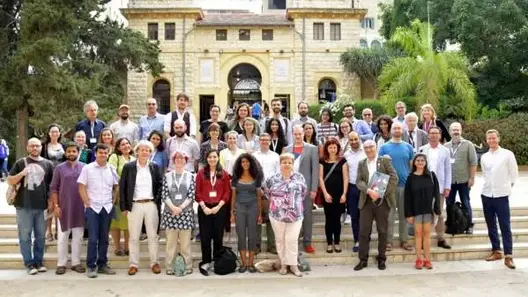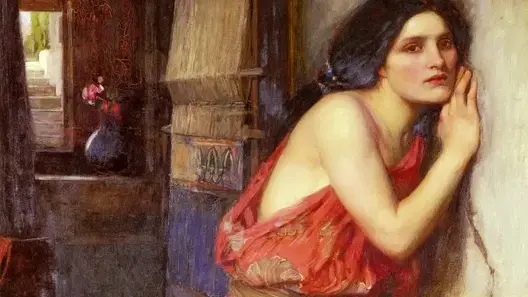Konstantin Klein
About me
Interdisciplinary research and openness to other scholarly traditions are vital elements of my academic praxis – and my main motivation to be part of AGYA.
- My Commitment to AGYA
- Fomer AGYA Co-President (2022-2023)
- Selection Committee 'New AGYA Members' (2019-2021)
- Participation in 'Salon Sophie Charlotte' 2019, 2023, 2025
On a personal note
Must read in my discipline:
The Roman Near East by Fergus Millar
Favourite novel:
The Flounder by Günter Grass
The scientist from my country you should know:
Theodor Mommsen, Historian and Nobel Laureate in Literature

